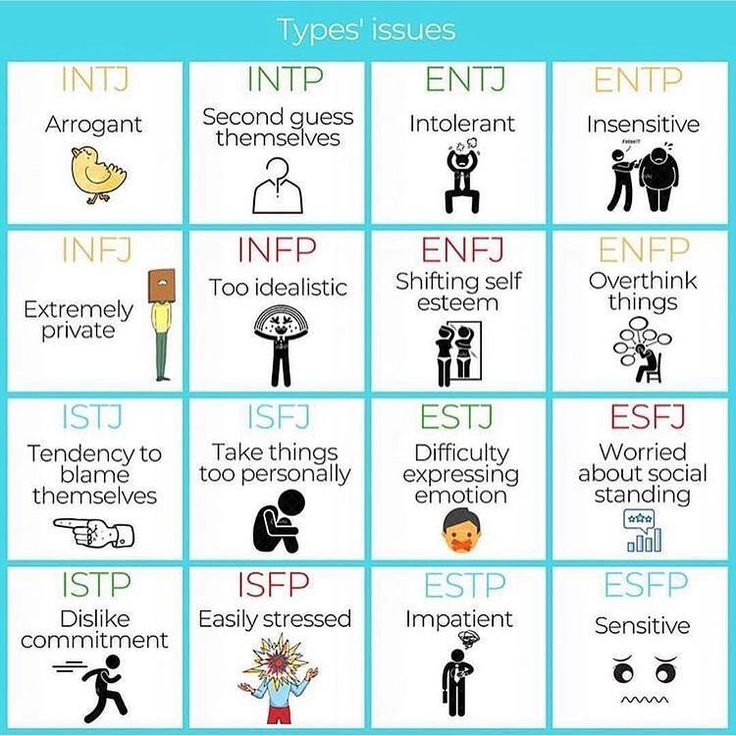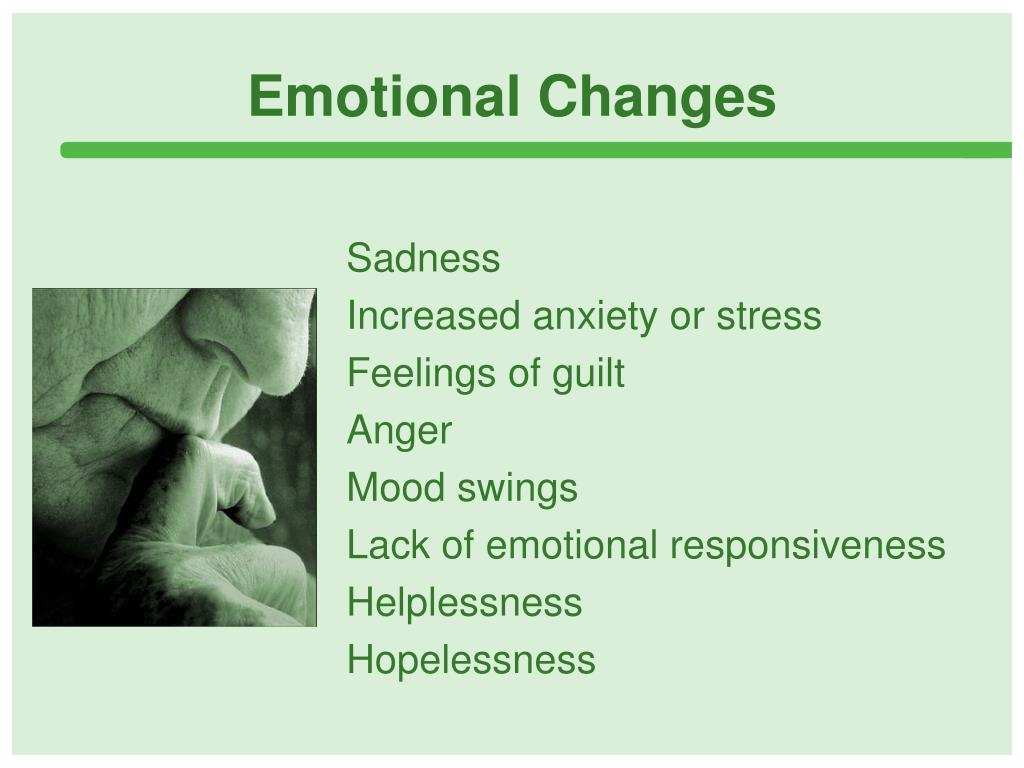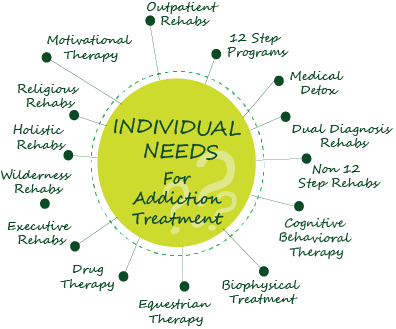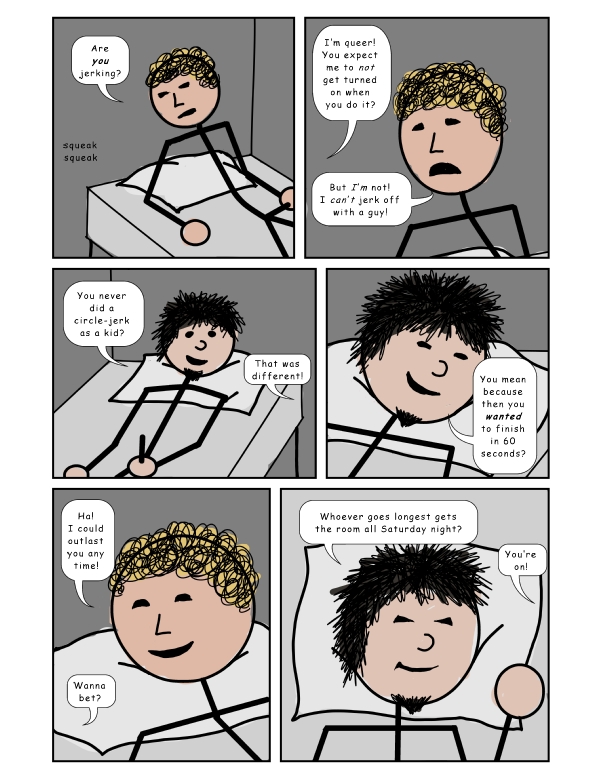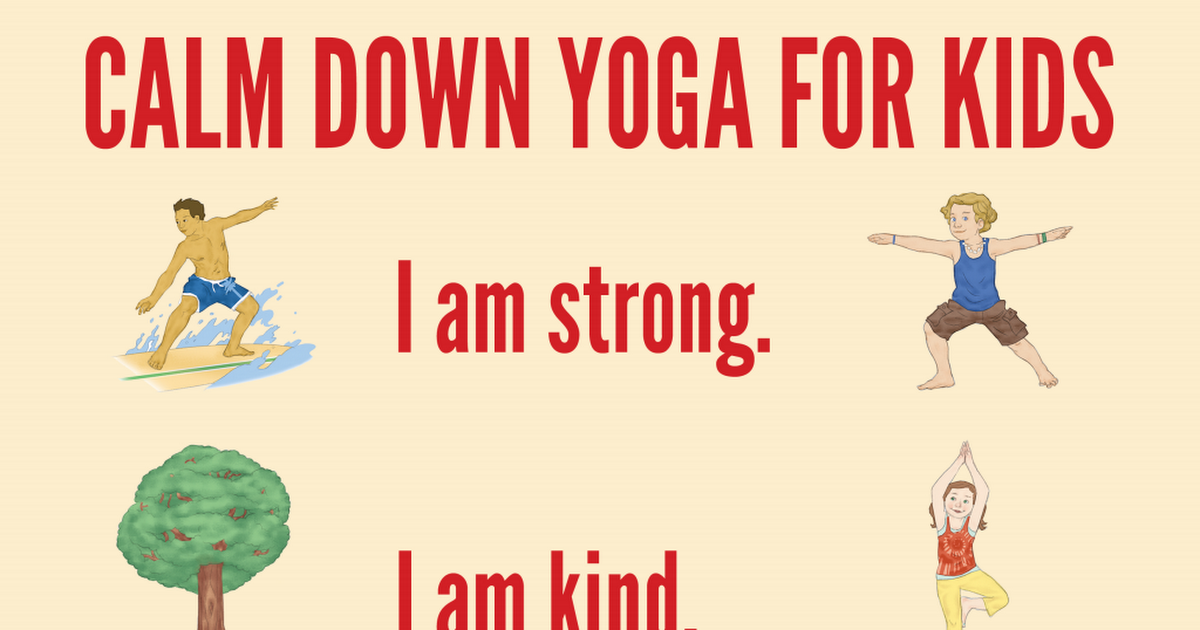What is the most depressing month
Surviving January -- the Most Depressing Month of the Year
January 24 is on record as being the most depressing day of the year. It’s not hard to figure out why. The bills come in from all those generous gifts you gave back when the holiday spirit had you feeling rich. The resolutions you made on December 31 are, well, broken. And it’s cold, dark, and dreary — the roads wear the kind of brown slush that is unbecoming.
However, my mood dips long before the 24th. It does a dive the Monday after the New Year — the first full week of January. I call it Yuck Monday or Yuck Week.
I prepare to be down because it’s like clockwork. It has happened for as long as I can remember. Last year, it was especially severe. I was just emerging from a very deep and scary depression. The stress of Christmas numbed me, much like a sedative; I went into holiday gear — which is do, do, do, don’t think, think, think.
However, hosting a family reunion proved to be too much. The dysfunction of my family of origin and the unresolved childhood pangs that I feel when I’m with my sisters and my mom was enough to break me. Once they left, I couldn’t stop crying.
You’d think I’d learn from the mistakes of last year and be a bit gentler to myself. But the definition of insanity — doing the same thing over and over again expecting different results — applies here. Not only did I host a family reunion, but I launched a new community for persons with treatment-resistant depression. I am proud of the end product, but the stress involved in building it broke me.
On Yuck Monday, once again, I couldn’t stop crying. However, this year I also spent Yuck Monday coming up with a set of resolutions just for January, Yuck Month. It’s true that more suicides happen in April and May than January, but that’s because people are so depressed in January that they don’t have the energy it takes to kill themselves. So, in order to emerge from Yuck Month going in the right direction — toward resilience — I have resolved to do the following things:
1. Stop doing one thing that I don’t enjoy.
Stop doing one thing that I don’t enjoy.
Sure this sounds easy, but have you ever tried it? It’s more challenging than you think.
One thing that I feel like I should do is be an administrator for the support group that I created on Facebook, even as it causes me much stress. Admins have to delete suicidal posts, point a person toward appropriate help, make sure everyone is labeling appropriate posts with a “trigger” heading, deal with personal attacks from members, and a host of other things that I not only don’t enjoy, but I’m frankly not good at. I don’t have good boundaries and I’m super sensitive.
When I realized that the stress I was giving myself was counteracting all the efforts I made during the holiday to eat right (I didn’t eat one cookie!), and was erasing the benefits of all my exercise, I got a bit peeved and decided to let people with better boundaries skills and less sensitivity issues lead the flock.
2. Clean out one area of the house.
In the last few years, I have had two television shows contact me to be a guest on their hoarding show to be “fixed.” I wrote a post somewhere along the line that my husband has a real problem with my clutter piles, and poof! The professionals are after me.
I don’t think I’m that bad. Maybe I’m in denial, or I just have more important problems — like staying free of death thoughts for more than three days in a row. However, I spent Yuck Monday cleaning out my desk — the corner of real estate in my son’s bedroom (I do pay him rent) — and went through the seven legal pads of paper that held notes that needed to be organized. I immediately felt liberated from the prison of my “information clutter” as my husband calls it.
3. Go to the light.
I start using my light lamp in October; however, in January, this fixture becomes my best friend. Technically, we are moving towards more light every day in January, which is great news. But my circadian rhythm, the body’s internal biological clock that governs brain wave activity and hormone production, gets really out of whack this month. I think it’s the cumulative lack of sunlight since September. So bright light therapy becomes an important part of every January day.
I think it’s the cumulative lack of sunlight since September. So bright light therapy becomes an important part of every January day.
4. Try something new.
Two nights ago I did something I never do — found an easy lemon-and-garlic chicken recipe online and cooked dinner for the family. I bought my husband the The Grain Brain Cookbook, as we are trying to eliminate sugar and flour from our diets. I thumbed through it and was a tad intimidated from some of the recipes in there, but I thought to myself, “I can do this. All it takes is a little preparation and time.”
When you try something new, your brain creates neural passages and increases your brain’s plasticity. Even picking up something with your left hand (if your right-handed) can make the old noggin work a little bit. For me, cooking does not come naturally. My twin sister is a gourmet chef, but I struggle boiling water. So this January’s goal is to make at least two meals from the new cookbook.
5. Make a list of lessons learned.
I’m not big on New Year’s resolutions because I always break them, which makes me feel more pathetic than before I made them. But I like to remember a few things that I learned in the past year. This year, more than any other lesson, I learned that I know my body — each cell in my brain, heart, and lungs — better than any doctor, and I am the authority on my health. I am the one who knows that as soon as I eat a cracker, I will get death thoughts. I know once sugar enters my system, I will despair and think the worst of people. A caramel frappuccino, once absorbed into my blood stream, convinces me that there is nothing to live for. I know that I have more energy and feel better when I take Nature-Throid, not a synthetic medication for my underactive thyroid, even though I couldn’t find an endocrinologist who would prescribe it for me.
Originally posted on Sanity Break at Everyday Health.
Join the conversation on Project Beyond Blue, the new community for persons with depression.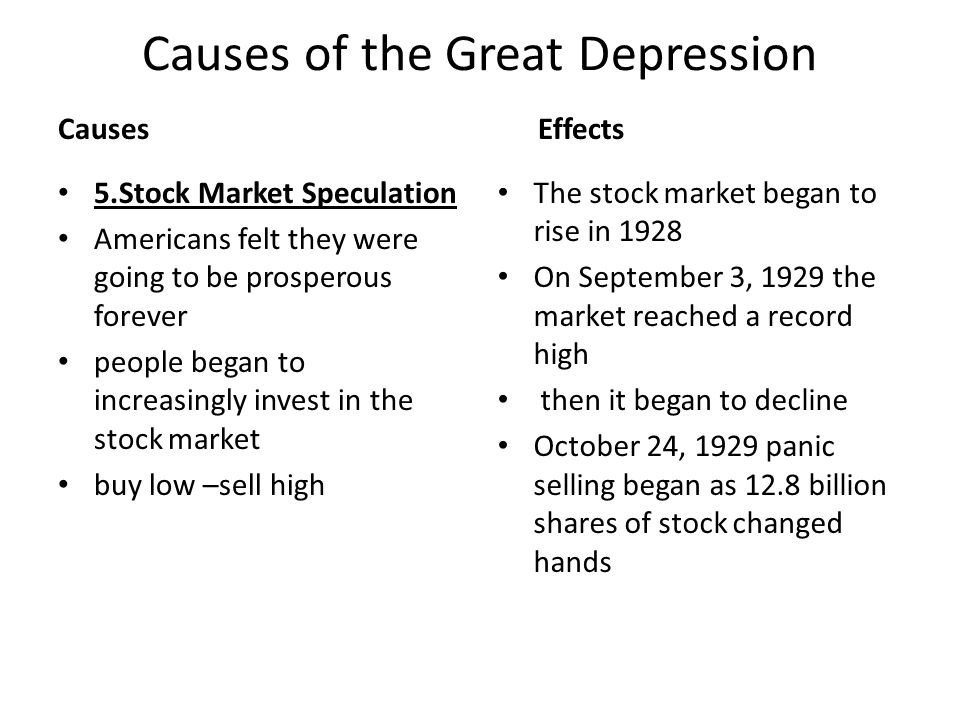
Light therapy photo available from Shutterstock
Surviving January -- the Most Depressing Month of the Year
January 24 is on record as being the most depressing day of the year. It’s not hard to figure out why. The bills come in from all those generous gifts you gave back when the holiday spirit had you feeling rich. The resolutions you made on December 31 are, well, broken. And it’s cold, dark, and dreary — the roads wear the kind of brown slush that is unbecoming.
However, my mood dips long before the 24th. It does a dive the Monday after the New Year — the first full week of January. I call it Yuck Monday or Yuck Week.
I prepare to be down because it’s like clockwork. It has happened for as long as I can remember. Last year, it was especially severe. I was just emerging from a very deep and scary depression. The stress of Christmas numbed me, much like a sedative; I went into holiday gear — which is do, do, do, don’t think, think, think.
However, hosting a family reunion proved to be too much. The dysfunction of my family of origin and the unresolved childhood pangs that I feel when I’m with my sisters and my mom was enough to break me. Once they left, I couldn’t stop crying.
You’d think I’d learn from the mistakes of last year and be a bit gentler to myself. But the definition of insanity — doing the same thing over and over again expecting different results — applies here. Not only did I host a family reunion, but I launched a new community for persons with treatment-resistant depression. I am proud of the end product, but the stress involved in building it broke me.
On Yuck Monday, once again, I couldn’t stop crying. However, this year I also spent Yuck Monday coming up with a set of resolutions just for January, Yuck Month. It’s true that more suicides happen in April and May than January, but that’s because people are so depressed in January that they don’t have the energy it takes to kill themselves. So, in order to emerge from Yuck Month going in the right direction — toward resilience — I have resolved to do the following things:
So, in order to emerge from Yuck Month going in the right direction — toward resilience — I have resolved to do the following things:
1. Stop doing one thing that I don’t enjoy.
Sure this sounds easy, but have you ever tried it? It’s more challenging than you think.
One thing that I feel like I should do is be an administrator for the support group that I created on Facebook, even as it causes me much stress. Admins have to delete suicidal posts, point a person toward appropriate help, make sure everyone is labeling appropriate posts with a “trigger” heading, deal with personal attacks from members, and a host of other things that I not only don’t enjoy, but I’m frankly not good at. I don’t have good boundaries and I’m super sensitive.
When I realized that the stress I was giving myself was counteracting all the efforts I made during the holiday to eat right (I didn’t eat one cookie!), and was erasing the benefits of all my exercise, I got a bit peeved and decided to let people with better boundaries skills and less sensitivity issues lead the flock.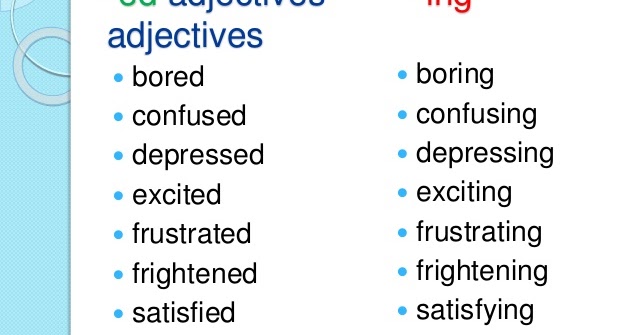
2. Clean out one area of the house.
In the last few years, I have had two television shows contact me to be a guest on their hoarding show to be “fixed.” I wrote a post somewhere along the line that my husband has a real problem with my clutter piles, and poof! The professionals are after me.
I don’t think I’m that bad. Maybe I’m in denial, or I just have more important problems — like staying free of death thoughts for more than three days in a row. However, I spent Yuck Monday cleaning out my desk — the corner of real estate in my son’s bedroom (I do pay him rent) — and went through the seven legal pads of paper that held notes that needed to be organized. I immediately felt liberated from the prison of my “information clutter” as my husband calls it.
3. Go to the light.
I start using my light lamp in October; however, in January, this fixture becomes my best friend. Technically, we are moving towards more light every day in January, which is great news.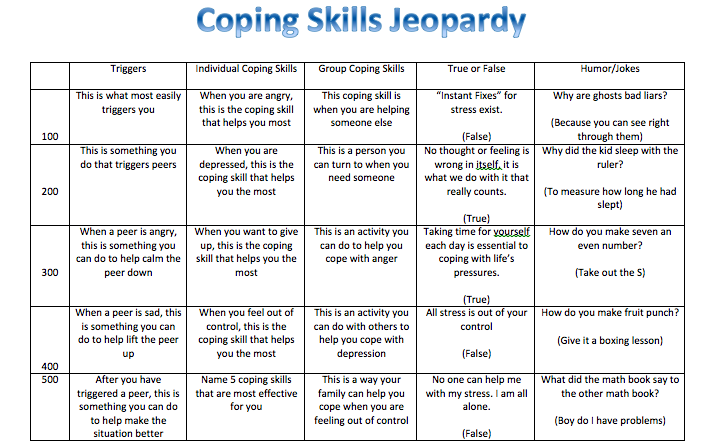 But my circadian rhythm, the body’s internal biological clock that governs brain wave activity and hormone production, gets really out of whack this month. I think it’s the cumulative lack of sunlight since September. So bright light therapy becomes an important part of every January day.
But my circadian rhythm, the body’s internal biological clock that governs brain wave activity and hormone production, gets really out of whack this month. I think it’s the cumulative lack of sunlight since September. So bright light therapy becomes an important part of every January day.
4. Try something new.
Two nights ago I did something I never do — found an easy lemon-and-garlic chicken recipe online and cooked dinner for the family. I bought my husband the The Grain Brain Cookbook, as we are trying to eliminate sugar and flour from our diets. I thumbed through it and was a tad intimidated from some of the recipes in there, but I thought to myself, “I can do this. All it takes is a little preparation and time.”
When you try something new, your brain creates neural passages and increases your brain’s plasticity. Even picking up something with your left hand (if your right-handed) can make the old noggin work a little bit. For me, cooking does not come naturally. My twin sister is a gourmet chef, but I struggle boiling water. So this January’s goal is to make at least two meals from the new cookbook.
My twin sister is a gourmet chef, but I struggle boiling water. So this January’s goal is to make at least two meals from the new cookbook.
5. Make a list of lessons learned.
I’m not big on New Year’s resolutions because I always break them, which makes me feel more pathetic than before I made them. But I like to remember a few things that I learned in the past year. This year, more than any other lesson, I learned that I know my body — each cell in my brain, heart, and lungs — better than any doctor, and I am the authority on my health. I am the one who knows that as soon as I eat a cracker, I will get death thoughts. I know once sugar enters my system, I will despair and think the worst of people. A caramel frappuccino, once absorbed into my blood stream, convinces me that there is nothing to live for. I know that I have more energy and feel better when I take Nature-Throid, not a synthetic medication for my underactive thyroid, even though I couldn’t find an endocrinologist who would prescribe it for me.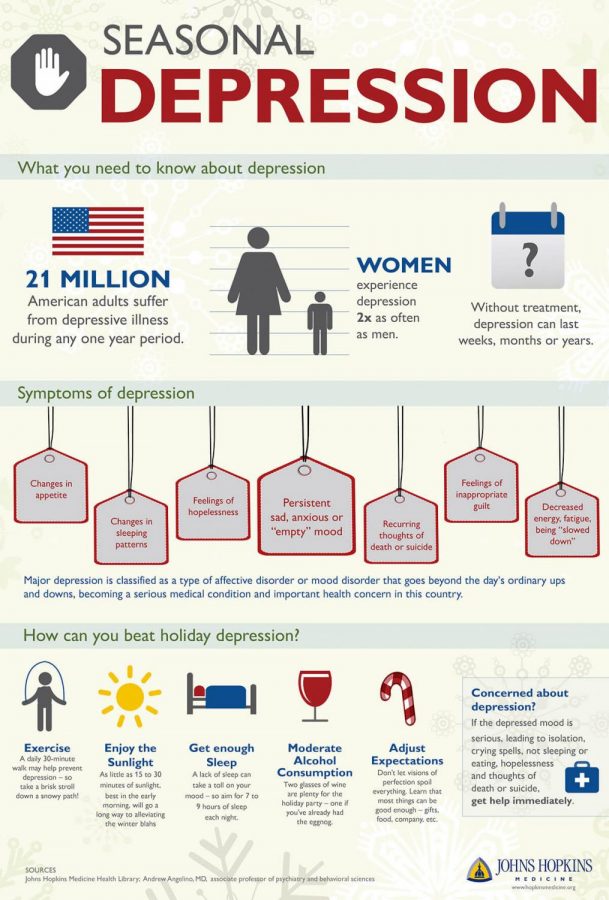
Originally posted on Sanity Break at Everyday Health.
Join the conversation on Project Beyond Blue, the new community for persons with depression.
Light therapy photo available from Shutterstock
February: The most depressing month | OTYRAR
It seems that spring is within reach and one should rejoice, but why in February you feel as broken as the road after winter. All the time you think: rather, March, grass, buds, dandelions on the roadsides ... In the meantime, you are looking for a way to cheer up your winter mood and hold out until spring.
THE MOST DEPRESSIVE MONTH
Did you know that many of our mental health professionals consider February the most "depressive" month. There are several reasons: accumulated winter fatigue, and still lack of heat and light, and beriberi. And also, which was a big surprise for me, Valentine's Day, which falls in the very middle of the month. No, the middle has nothing to do with it, the holiday itself is to blame.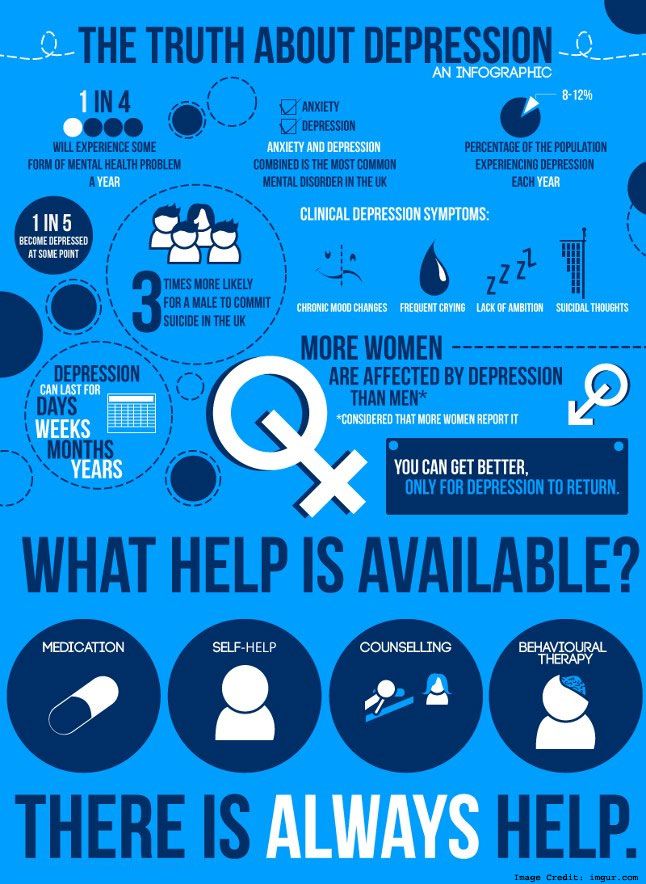 nine0005 Psychologists say that not every person has someone to celebrate this holiday with. And thoughts about this begin to wander in my head very different, like: “I’m so useless, no one loves me”, or “I’m already sixteen, but there’s still no love”, or “Last year we had so much fun this day, and now there is nothing left of our love. All these thoughts make many of us so unhappy and killed that the Holiday of Love turns into a Day of Self-flagellation. This state of affairs is really hard to bear. And if a person already has a so-so mood, then it is very easy to fall into a state of apathy and despondency. Hide in your corner and announce to everyone: “Please do not disturb. I am depressed". nine0007
nine0005 Psychologists say that not every person has someone to celebrate this holiday with. And thoughts about this begin to wander in my head very different, like: “I’m so useless, no one loves me”, or “I’m already sixteen, but there’s still no love”, or “Last year we had so much fun this day, and now there is nothing left of our love. All these thoughts make many of us so unhappy and killed that the Holiday of Love turns into a Day of Self-flagellation. This state of affairs is really hard to bear. And if a person already has a so-so mood, then it is very easy to fall into a state of apathy and despondency. Hide in your corner and announce to everyone: “Please do not disturb. I am depressed". nine0007
DON'T HURRY TO GET A DIAGNOSIS
We can easily make a daily diagnosis of depression. In fact, doctors explain that low mood and apathy are not necessarily symptoms of depression. Depression is a very serious disease, a disease that needs to be treated for a long time and carefully under the supervision of specialists.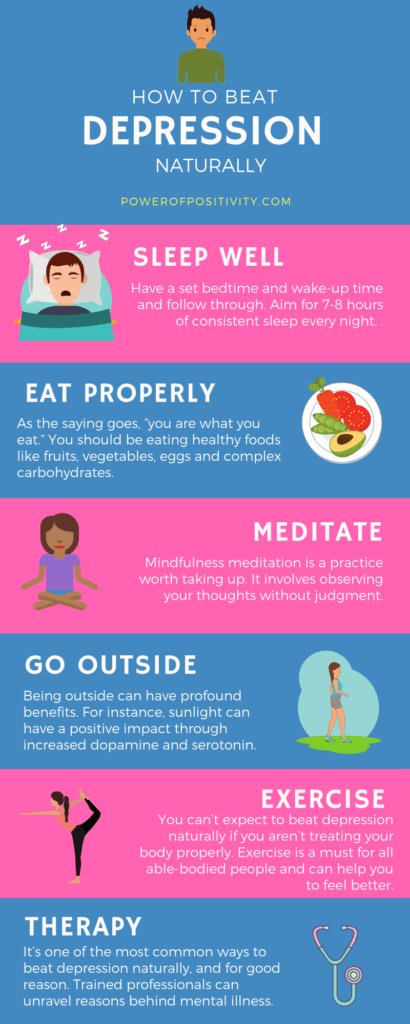 But we can cope with winter fatigue ourselves.
But we can cope with winter fatigue ourselves.
The very first and most effective advice - try to enjoy life, from the simplest things. Oddly enough, but if you do not have such a habit, then it is not at all easy to get hold of it. nine0007
One has to work hard to make life enjoyable. To begin with, try to analyze your usual day: how you get up, have breakfast, go to work or study, then return home and do your usual things. In general, the usual routine...
And now try to add some zest at each stage.
Get up - with gratitude that another morning of your life has come.
Have breakfast - with a special taste of tea or coffee.
Go on business - with the expectation that you will see people you like and do something good. nine0007
Spend the day at work - for the benefit of yourself and others.
On the way home - buy a nice change for those who are waiting for you.
In the evening, find at least half an hour for an activity that warms you up.
If you get a little conscious pleasure at each of these stages, then the day will not seem so gray, work will not be so tedious, household chores will not become a compulsory duty.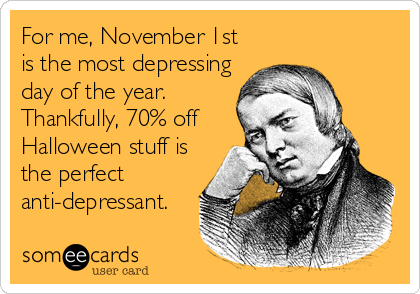
Now think about your days off. What do you fill your Saturdays and Sundays with? Going to the markets, cleaning, cooking, things that did not have time to do in the middle of the week. Yes, and there's no getting away from it. But still, you must give yourself at least one real day off. Devote this day to what you cannot afford during the week. If you don’t get enough sleep - sleep off, lie down, if you work without raising your head - go for a walk in the parks, if you spend time among indifferent people - rush to friends on weekends. Recharge from good people, from positive thoughts, soak up moments of pleasure. Train yourself to be happy, don't be lazy. nine0007
WHEN TO SEE A DOCTOR?
But what to do if none of this helps. Thoughts are gloomy, thoughts are heavy and I don’t want anything, not because of laziness, but because there is no strength and nothing pleases.
How to understand: a person just has a bad mood, chronic fatigue or really depression, and it's time to go to the doctor? Experts note that people suffering from this disease may not realize that they are sick. And here the caring attitude of their relatives, who are able to adequately assess what is happening, is extremely important. You should consider contacting a specialist if you notice the following symptoms:
And here the caring attitude of their relatives, who are able to adequately assess what is happening, is extremely important. You should consider contacting a specialist if you notice the following symptoms:
• depressed mood;
• indifference to what is happening around;
• drowsiness and insomnia at the same time;
• lack of appetite and weight loss;
• lack of energy;
• constant weakness and fatigue;
• loss of interest in life;
• psychomotor disorders;
• slow thinking and reactions;
• causeless anxiety and fears;
• thoughts of suicide.
Even if half of these signs are present, seek medical attention. You should not rely on the fact that everything will “dissolve” itself and somehow form. Launching the disease, we run the risk of never getting out of it. nine0005 In today's world, depressive disorders are becoming more common. Experts say that residents of large cities are much more susceptible to them. A quarter of the inhabitants of megacities, according to statistics, have experienced depression at least once in their lives. The reason is constant stress, inability to relax, switch to positive emotions, lack of rest. Remember what we said above: just the ability to switch from problems to positive moments, enjoy life and have a good rest is the real prevention of depression. nine0005 Of course, not everything is so simple. Doctors themselves cannot unambiguously say what triggers the mechanism of depressive disorders. But on the other hand, it is unequivocally argued that it is very difficult to fight the disease alone.
The reason is constant stress, inability to relax, switch to positive emotions, lack of rest. Remember what we said above: just the ability to switch from problems to positive moments, enjoy life and have a good rest is the real prevention of depression. nine0005 Of course, not everything is so simple. Doctors themselves cannot unambiguously say what triggers the mechanism of depressive disorders. But on the other hand, it is unequivocally argued that it is very difficult to fight the disease alone.
THEM WERE SOMETHING LACKING?
It may seem to some that depression is the lot of only weak and insecure people. But this is a delusion. Often the disease overtakes the most successful and famous, those about whom they say: they only live and rejoice.
The current celebrity of the first magnitude, Joan Rowling, after a divorce from her husband, complete lack of money and constant thoughts about how to feed her daughter, fell into a protracted depression. She had to seek help from a psychotherapist. Joan struggled with her illness and at this time began to write a fairy tale about the boy wizard Harry Potter, which soon brought her world fame, and at the same time financial independence. nine0005 The story of another writer who suffered from this disease is much more sad. Nikolai Gogol was a truly great writer, his talent sparkled with a real diamond in Russian literature. However, he suffered from a manic-depressive disorder throughout his adult life. “The sun, the sky – everything is unpleasant for me. My poor soul: she has no shelter here, ”he described his condition in this way. Unfortunately, in those days, little was known about this disease and how to treat it. In the end, she brought Gogol to the grave. nine0005 Iron politician Winston Churchill struggled with a serious illness for many years. He admitted to his doctor that thoughts of suicide accompany him constantly. Some of the biographers of the British prime minister believe that his persistent addiction to alcohol was just a way to drown out the severe depression in himself.
Joan struggled with her illness and at this time began to write a fairy tale about the boy wizard Harry Potter, which soon brought her world fame, and at the same time financial independence. nine0005 The story of another writer who suffered from this disease is much more sad. Nikolai Gogol was a truly great writer, his talent sparkled with a real diamond in Russian literature. However, he suffered from a manic-depressive disorder throughout his adult life. “The sun, the sky – everything is unpleasant for me. My poor soul: she has no shelter here, ”he described his condition in this way. Unfortunately, in those days, little was known about this disease and how to treat it. In the end, she brought Gogol to the grave. nine0005 Iron politician Winston Churchill struggled with a serious illness for many years. He admitted to his doctor that thoughts of suicide accompany him constantly. Some of the biographers of the British prime minister believe that his persistent addiction to alcohol was just a way to drown out the severe depression in himself.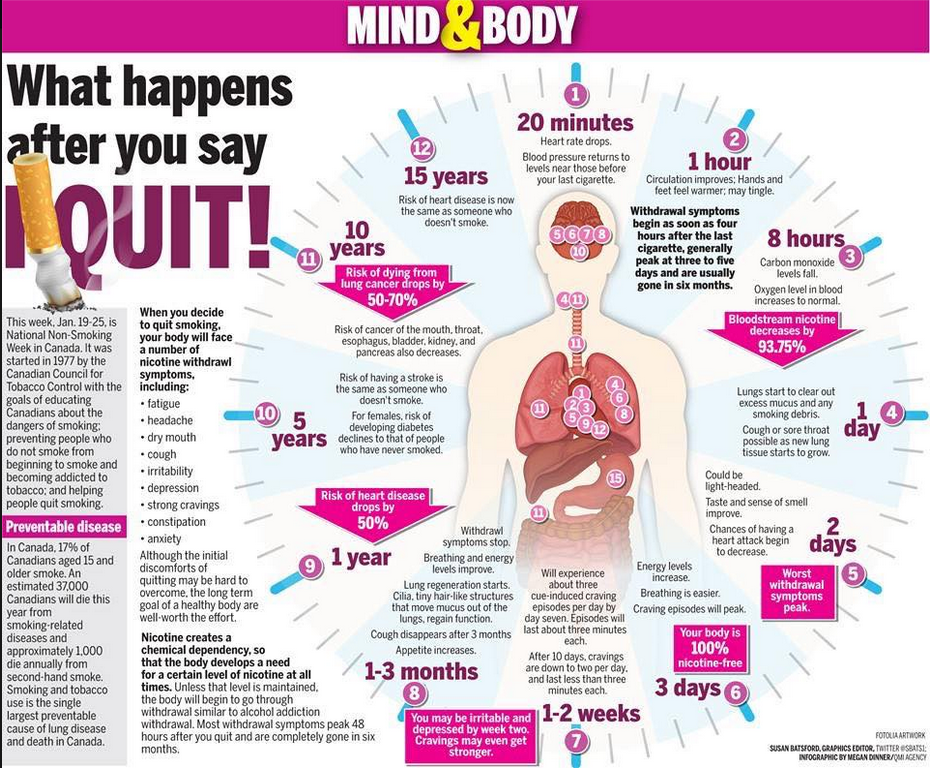
Among the rich and famous Hollywood stars there are also many patients of psychiatrists and psychotherapists. Among them are Mel Gibson, Winona Ryder, Halle Berry, Jim Carrey. And how many of those who are afraid to admit their illness. nine0005 Beauty Catherine Zeta-Jones openly announced several years ago that she had been struggling with a severe mental disorder for many years. “There is no need to suffer in silence and there is no shame in seeking help,” she says. Katherine is sure that this openness of hers helps many people not to hide the disease, not to drive it deeper, but to be treated and return to normal life.
Yana KOTT
Which month is the most depressive? | Psychology of life | Health
Estimated reading time: 2 minutes
2193
Weekly "Arguments and Facts" No. 47. Is it necessary to save on working pensioners? 20/11/2019 Category: Psychology Q&A from the newspaper: Weekly "Arguments and Facts" No.


